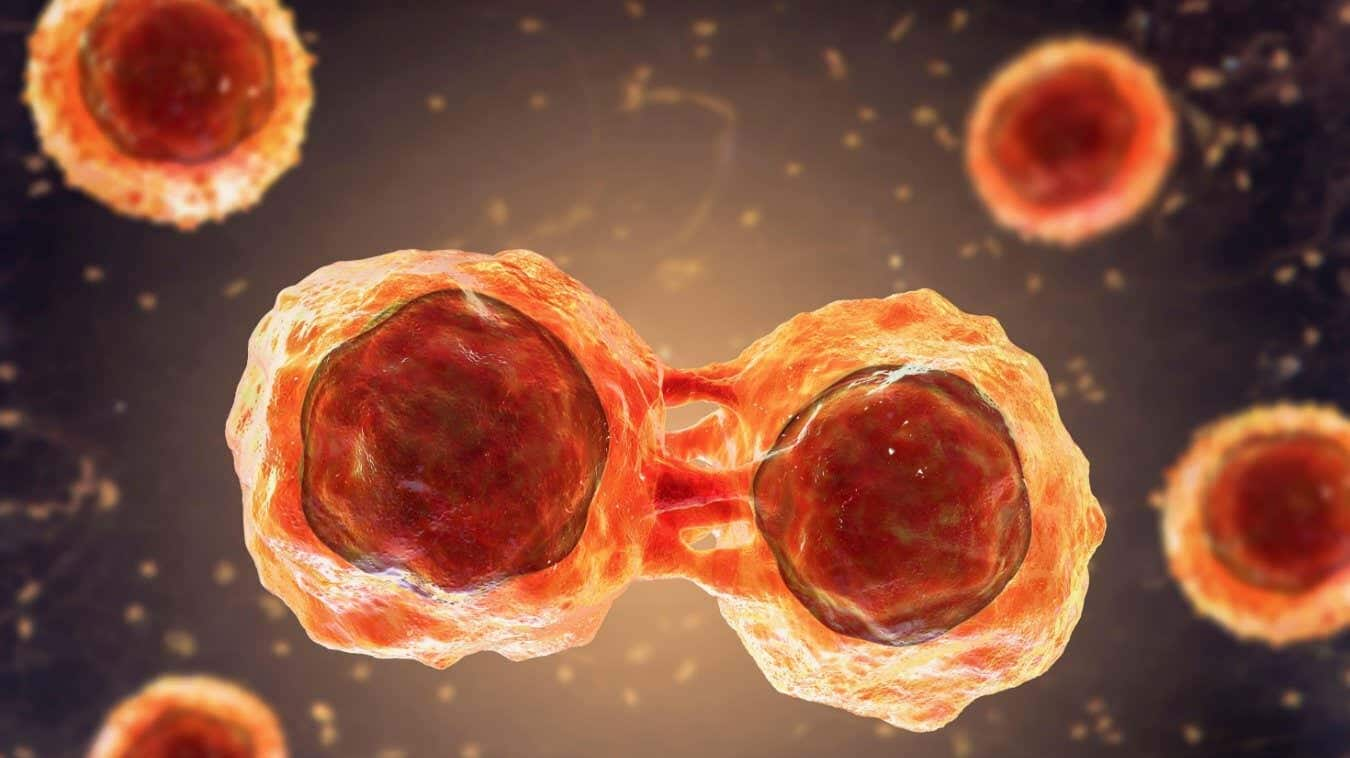
Lab-made stem cells offer new hope for cancer treatment
What's the story
In a groundbreaking medical development, scientists have successfully created human blood stem cells in a laboratory setting. This achievement has the potential to significantly enhance the treatment of certain types of cancer. The lab-grown cells have been tested on mice and demonstrated promising results by transforming into functional bone marrow. This level of functionality is comparable to that observed following umbilical cord blood cell transplants.
Treatment implications
Lab-grown stem cells: A potential solution to cancer treatment challenges
The process of treating cancers such as leukemia and lymphoma often involves radiation and chemotherapy, which can destroy the blood-forming cells in bone marrow. Stem cell transplants offer a solution by enabling the growth of new, healthy bone marrow and blood cells. However, current sources like umbilical cords are limited in supply and can potentially be rejected by the patient's body. This innovative method of producing stem cells could overcome these challenges.
Process explained
The innovative method of producing stem cells in the lab
The new method involves reprogramming human blood or skin cells into pluripotent stem cells. Andrew Elefanty from the Murdoch Children's Research Institute in Melbourne said, "This involves temporarily turning on four genes, with the result that the patient cells revert to an early stage of development when they can become any cell in the body." The next step is to transform these pluripotent cells into blood stem cells through a process called differentiation.
Differentiation details
The differentiation process and its results
The differentiation process involves creating thousands of small floating balls of cells, each containing a few hundred cells. These are then directed to change from being stem cells to sequentially becoming blood vessels and then blood cells. This two-week process produces millions of blood cells. When these lab-grown stem cells were infused into mice without an immune system, they became functional bone marrow in up to 50% of cases, replicating the same functions as healthy human bone marrow.
Expert opinions
Experts hail lab-grown stem cells as a 'magnificent breakthrough'
Abbas Shafiee from the University of Queensland in Brisbane, has hailed this development as a "magnificent breakthrough" toward new therapies for blood cancers. Simon Conn at Flinders University in Adelaide, Australia, also highlighted that this approach could potentially provide an "essentially never-ending supply" of blood stem cells. However, he cautioned that the treatment's success rate and diversity of blood cells produced depended on the initial cell type used.